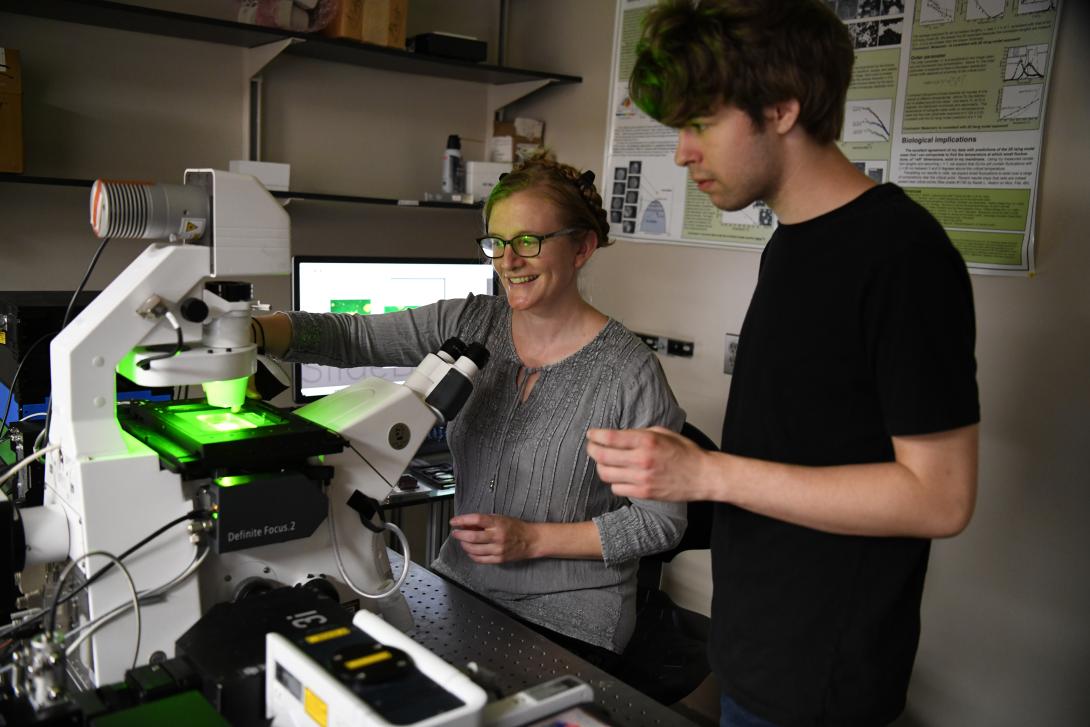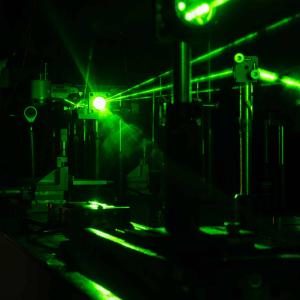The Physics Department at Lehigh University offers a graduate program of coursework and research leading to the M.S. and Ph.D. degrees in Physics. We offer research opportunities across a wide range of fields (see Research Areas for a detailed list). Approximately 50 students are enrolled in the department at any given time, supported by research and teaching assistantships and fellowships.
Getting a PhD or MS at Lehigh
Go to our dedicated graduate physics application site for more information about the program and on how to apply to it. Find more information on the graduate courses for the MS program here and in the physics and astronomy sections of the course catalog.
The Master of Science degree in photonics is an interdisciplinary program designed to provide students with broad training in various aspects of photonics, including topics in physics, electrical engineering and materials science. Admission to the proram requires a B.S. or M.S. in either the physical sciences or engineering. This program is a collaboration between physics and engineering (see also here, or here).
Why Lehigh?
Graduate students in Physics work closely with internationally renowned faculty to carry out cutting-edge research that advances knowledge in a broad spectrum of fundamental and applied areas. In our program, you will not only make an impact in your research field, but also develop problem-solving skills that can be applied much more broadly. Many of our doctoral students go on to teaching and research positions at universities and national labs, while others begin careers in industry or government.
Lehigh Physics offers:
- Research opportunities with internationally recognized physicists at the forefront of their fields
- Small faculty-to-student ratio and dedicated mentors
- Interdisciplinary research projects
- State-of-the-art instrumentation facilities
- Financial support: tuition, and health care benefits through teaching assistantships, research assistantships, and fellowships to all students


